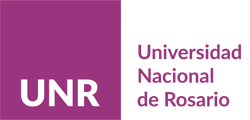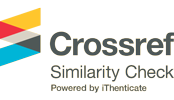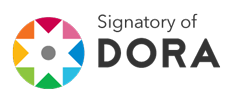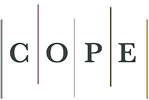Dictatorship, democracy and working class. Workers facing the return of constitutional regime in northeastern Chubut
DOI:
https://doi.org/10.35305/ac.v12i12.429Keywords:
Dictatorship - Democracy - Working-classAbstract
We are interested in analyzing a problem of the recent history of Argentina: the situation faced by worker organizations and their forms of political and union participation and struggle, once the last civic-military dictatorship has fallen. There has been a national debate, whether this dictatorship meant such a defeat that prevented workers from holding any form of organization and struggle or not. Most studies agree that at the beginning of the constitutional regime, the working-class was then in a state of great weakness, as aproduct of that defeat. Nevertheless, other perspectives hold that the dictatorship did not mean by itself a complete defeat over allworking-class. Such would have taken place only when neoliberalism became hegemonic, at the beginning of the ‘90s. According to this vision, the return to constitutional regime found a dynamic working class, who took advantage of the democratic freedom in order to reinforce their activity. We reach to this debate from a complex case. This part of Argentine Patagonia is a region of cointinuousmigrations, with a working-class that had no traditions in common. The dictatorship there does not seem to have undermined their previous experiences, giving into account that they were just taking their first steps towards organization. In addition, we try to observe how workers related to democracy and which were the possibilities of political action in this context.Downloads
Downloads
Published
How to Cite
Issue
Section
License
Avances del CESOR ratifies the Open Access model in which the contents of scientific publications are fully available for free on the Internet, without temporary embargoes, and whose publishing costs are not transferred to the authors. This policy aims to break the economic barriers that generate inequities in access to information, and publication of research results.
Authors retain the copyrights of their papers and grant the journal right of first publication with the work simultaneously licensed under a Creative Commons that allows others to share the work with an acknowledgement of the work's authorship and initial publication in this journal.



















































